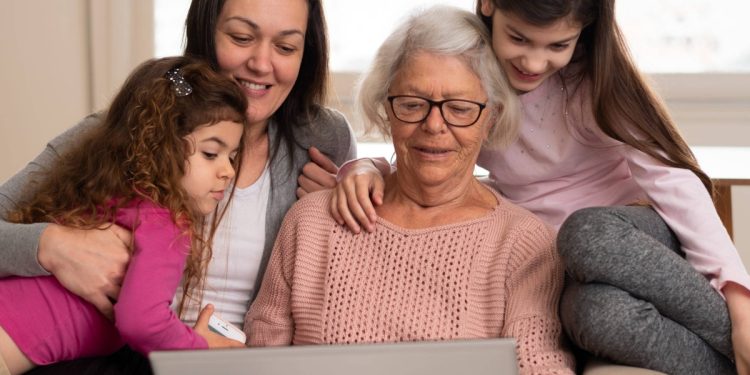“Blood is thicker than water.” Are you familiar with this line? It implies the strong bond in a family and how important this relationship is. However, this tie can bend when the members struggle to meet each other’s expectations. This situation can happen when someone in the family needs extra support due to aging or serious illnesses. The family members may shift their focus to the loved one who needs full assistance.
Family members may choose to divide responsibilities to provide home care for their elderly loved ones. However, this solution can be beneficial in strengthening the bond, or be a disaster in bringing tension in the family. This blog will help you learn more about those effects on the individuals and the relationship.
Individual Effects
1. Social detachment
While caring for seniors involves communication, this interaction differs from engaging in social occasions. As the family caregivers spend most of their time accompanying the elderly, they may end up refraining from casual meetups with their friends. It will challenge their friendship and eventually lead to an increased risk of loneliness. If this situation persists, it will develop severe mental health issues.
2. Emotional Strain
In addition to social detachment, family caregivers often experience emotional strain. The demands of caregiving can create feelings of frustration, sadness, or anxiety. These happen often when caregivers feel overwhelmed by their responsibilities. This emotional burden can affect their overall well-being and may result in increased stress levels, making it difficult to maintain a positive outlook on life. Over time, the accumulation of these feelings can lead to burnout, further impacting their ability to provide care and engage in other aspects of their lives.
Consequences in Relationships
1. Challenge Family Ties
The role of the caregiver is not for everyone. Casually looking after the elderly is different from paying full attention and providing 24/7 care for them. Some people may struggle to handle numerous caregiving duties as well as deal with the intense emotion that follows. This emotional overwhelm may worsen familial ties. As a result, many individuals choose to hire home care services, which are known for their dedication to caregiving.
2. The Closeness Level
The intimacy level is potentially at stake once you decide to take the role of a family caregiver. It is possible because the caring duties may replace the familial bond between you and your loved one. You may unconsciously overlook the important fact that your relationship is more than caregiver and patient, and find it challenging to involve affection as a family while taking care of them.
Final Thoughts on Home Care Responsibilities
Looking after your elderly loved ones at home means that you are fully responsible for their safety and well-being. Hopefully, recognising the risks mentioned above can help you avoid those impacts with your family.
Should you find it difficult to balance the roles as a family and caregiver at home as well as an employee at work, remember that home care services can be a big help. This support enables you to manage your responsibilities while also prioritising your own well-being.













